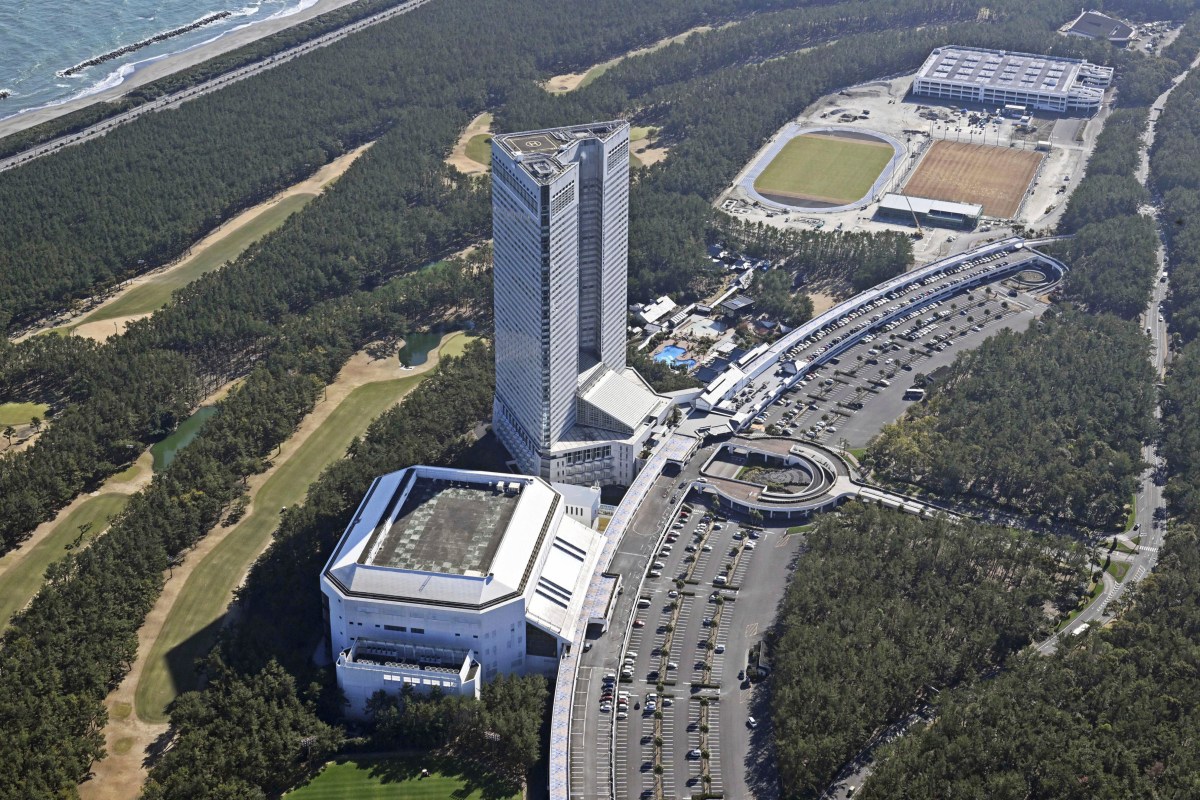The inhabitants of Cao Tian Da, in the Chinese province of Yunnan, cook and heat their homes with pig excrement — an example of transition towards new energies encouraged by China.
The signs painted along the road state it clearly: Cao Tian Da is a “model village for renewable energy.” This 140-inhabitant hamlet, in the mountains of Yunnan, seems traditional, with red-clay houses, corn ears hung for drying, and chickens running in the courtyard. But in the streets, public lamps are equipped with solar panels.
On the roof, brand-new solar heaters are glittering, and on the whitewashed walls, crude paintings explain how to use the new energy: bio-gas, made from pig feces.
“It is very convenient,” explains Wan Qin, in her new kitchen.
The young peasant opens a tap and activates a gas stove — much better than her old fireplace.
“Before, I had to collect firewood in the mountain, with my baby on my back. Now, I am relieved. We also have hot water with the heater.”
Her electricity bill has been reduced by half, and the forest is preserved. An important issue for these families: their village has been moved by the authorities for environmental reasons linked with deforestation.
The gas in Wan Qin kitchen is freely provided by an industrial pigsty, one kilometre away. The company, Hui Jian, strongly subsidized by the local authorities, keeps the excrement of its 2,000 pigs in big manure pits — 250 cubic metres per day, which ferment and produce methane.
















